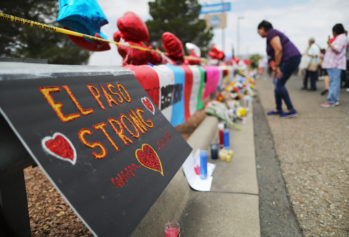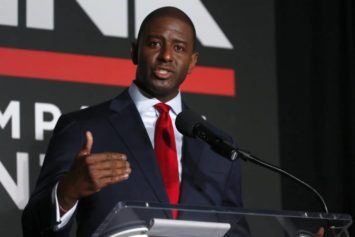The Obama administration is being slammed by a new potential scandal over the revelation that the National Security Agency is collecting telephone records for millions of Verizon customers under a top secret order issued in April.
The British newspaper The Guardian got a copy of the three-page order and published it in its entirety on the paper’s website. The order requires Verizon, on an “ongoing, daily basis,” to give the NSA information on all telephone calls within the U.S. and between the U.S. and other countries.
While the Bush administration similarly and controversially collected phone records after the Sept. 11 terrorist attacks, this is the first time it’s been revealed that the Obama administration is indiscriminately collecting phone records of millions of U.S. citizens, regardless of whether they are suspected of any wrongdoing.
The request was granted on April 25 to the FBI by the secret Foreign Intelligence Surveillance Court (FISA) to collect data for a three-month period ending on July 19.
The order requires Verizon to give the agency the numbers of both parties on a call, the location data, call duration, unique identifiers, and the time and duration of all calls. But the order does not cover the contents of the conversation itself.
According to the New York Times, the order covers business communication records and it’s not clear whether a similar order was granted for residential or cellphone services.
For an administration already reeling from reports that the IRS may have been overstepping its authority by investigating conservative groups and that the Justice Department was carrying out search warrants for email and phone records of reporters, the new revelation is likely to ignite a torrent of questions about whether the Obama White House is disregarding the rights of Americans with intrusions that, while legal, may be going too far.
According to the court order, Verizon is prohibited from disclosing to the public either the existence of the FBI’s request for its customers’ records or the court order itself.
“We decline comment,” Ed McFadden, a Washington-based Verizon spokesman, told the Guardian.
Kate Martin of the Center for National Security Studies, a civil liberties advocacy group, told the New York Times, “Absent some explanation I haven’t thought of, this looks like the largest assault on privacy since the NSA wiretapped Americans in clear violation of the law” under the Bush administration.
“On what possible basis has the government refused to tell us that it believes that the law authorizes this kind of request?”
For several years, two Democrats on the Senate Intelligence Committee, Senator Ron Wyden of Oregon and Senator Mark Udall of Colorado have been warning about such a government intrusion, alleging that the public would be alarmed if it knew how the U.S. was interpreting its surveillance powers under the Patriot Act.
“We believe most Americans would be stunned to learn the details of how these secret court opinions have interpreted Section 215 of the Patriot Act,” they wrote last year in a letter to Attorney General Eric Holder.
They added: “As we see it, there is now a significant gap between what most Americans think the law allows, and what the government secretly claims the law allows. This is a problem, because it is impossible to have an informed public debate about what the law should say when the public doesn’t know what its government thinks the law says.”
Julian Sanchez, a surveillance expert with the Cato Institute, told the Guardian, “We’ve certainly seen the government increasingly strain the bounds of ‘relevance’ to collect large numbers of records at once — everyone at one or two degrees of separation from a target — but vacuuming all metadata up indiscriminately would be an extraordinary repudiation of any pretense of constraint or particularized suspicion.”


